“Inclusive leadership – it’s just about treating everyone the same!” I hear that a lot and I disagree.
We lead on instinct. We’re continuously trying to learn about the people we work with, distilling cues and updating our views about how much trust to place in them. At the same time, our colleagues are studying us and forming their own views.
Leadership is an ‘always-on’, data-gathering, hypothesis-testing, interactive dance.
Critically, to dance well, we require accurate data. People with a strength in empathy are particularly good at this type of data gathering and interpretation. It helps them read situations astutely and react appropriately. Consequently they usually bring the best out in others.
Sharp Leadership Instinct Requires Accurate Data Gathering.
In the search for good data, biases are unhelpful. They can cause us to misjudge people. Thankfully we’re often conscious of these biases so we manage them by focusing on more helpful data points.
What about biases that we’re not self-aware about? They’re detrimental to our ability to lead; we can’t manage them because they’re unknown to us. However, it’s completely natural to have these blind spots.
Frames Of Reference.
From experience we build frames of reference to rely upon when dealing with others. It’s like a set of rules we use to help us lead instinctively. For example, we each have a frame of reference for start-up CEO, for female FD, for Software Developer, Leader, Front-Office Relationship Manager etc. Our frames of reference are entirely dependent on our experience; what we’ve lived through, heard about, been taught etc.
Micro-Affirmations
Our frames of reference guide our micro-affirmations; subtle behaviours that either encourage or discourage others. They include how much we interrupt, how much we smile, how ‘busy’ or approachable we appear to be etc. Importantly, they also guide how supportive or critical we appear to be of new ideas, of subtle requests for help and of expressions of insecurity. In effect they leak our attitudes, showing how much we believe in others.
Beware Of Under-Developed Frames Of Reference?
Blind spots arise where our experience hasn’t yet given us the frames of reference to effectively do the leadership job we have, so it’s critical to be aware of any under-exposure.
Most people would accept that if they were asked to manage a team in another continent for the first time, they’d need to build some new frames of reference fast. I argue that we are also under-exposed to women in leadership, particularly at ExCo level and in the P&L functions. So our frames of reference are letting us down. Our instincts are not as sharp as they need to be.
This is a critical problem if part of our responsibility is to create the leaders of the future, starting from the first leadership levels.
- Perhaps our frame of reference for ‘Solid ExCo Member’ includes concepts inherited from a male-dominated world? We might over-emphasise the importance of portraying confidence while underestimating the value of showing vulnerability.
- Similarly without conscious awareness, we may expect future leaders to network in a way that works in a male B2B world, but isn’t attractive to many women (including clients).
These examples may or may not land with you. Precisely where our frames of reference need to be surfaced and updated depends entirely on our context and the nuances of our organisation. They are incredibly idiosyncratic.
So what?
Under-developed frames of reference cause two problems:
1) Our data gathering is inefficient, often naïvely distracted by stuff that doesn’t matter.
2) Our micro-affirmations are visible to those that we are trying to motivate, and they impact their willingness to trust in us.
In A Snipet:
Awareness of unconscious bias is about figuring out where society and life has given us under-developed frames of reference for the leadership job that we have today and will have tomorrow.
In tackling unconscious bias, we acknowledge that the goal is not to treat everyone the same. It’s to sharpen our leadership instincts so that we differ our approach at just the right moments, naturally and effortlessly.

